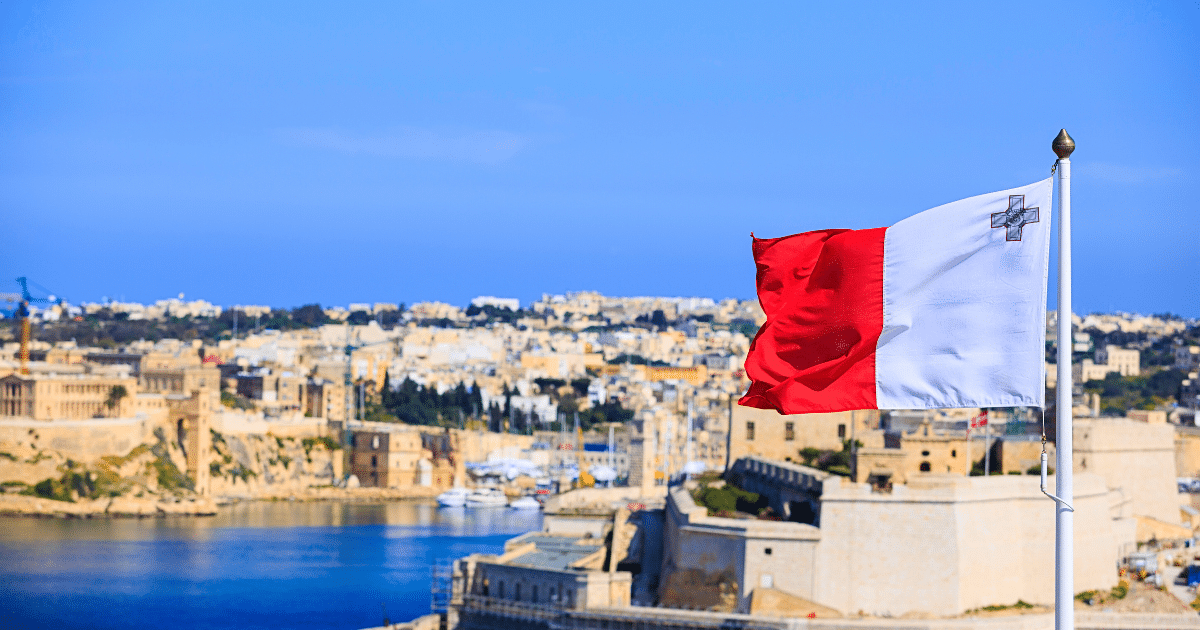In its pre-Budget recommendations, the Malta Chamber makes a compelling case for a shift away from relying on population growth toward building a “high value-added economy”. Business leaders argue that while foreign labour has helped fill gaps, it’s time to change course, embracing automation, upskilling, and sector-specific talent. That suggests an economy designed for sustainable growth and not just headcount.
Smarter Workforce Planning
One of the Chamber’s key proposals is setting a limit on third-country nationals (TCNs) employed in each company, with exceptions only for essential services like hospitals and sanitation. Alongside this, they propose monthly quotas for TCN work permits, and tighter regulation of temp agencies so temporary roles can’t turn into permanent ones. The objective? Encourage local hires and ensure foreign workers serve genuine skill gaps.
“Maltese Blue Card” for High-Skilled Personnel
To balance workforce needs, the Chamber wants a skilled-worker system similar to the EU Blue Card. They recommend a salary threshold of €40,000, or €35,000 for STEM roles with proven shortages, and clearer eligibility criteria. After a year with the same employer, they propose extending a TCN’s permit for another three years, granting the right to switch jobs and boosting retention.
Public Sector, Skills & Productivity Boosters
The Chamber also calls for a slimmed-down public sector to make room for private-sector workers. They want more investment in digitalisation, automation, and training, along with a national strategy fully aligned with Malta Vision 2050. By focusing public spending on innovation and upskilling, Malta can be more productive without ballooning its workforce.
Economic Reforms & Tax Incentives
Beyond workforce, the Chamber outlines a broad agenda of fiscal reforms. They back revisions to tax bands and COLA (Cost-of-Living Adjustment) mechanics to preserve take-home pay. They also want parking fees directed into e-mobility initiatives, and tax incentives to lure back Maltese professionals working abroad. It’s a push for smarter public investment and more sustainable urban planning.
Data-Driven Labour Market Intelligence
The Malta Chamber signed a Memorandum of Understanding with the National Skills Council in March to develop a “live vacancy monitor”. This dynamic tool will offer real-time insights into job openings by sector, helping policymakers, businesses, and training providers adapt quickly to shifting labour needs.
Importance Of This Strategy
These proposals represent more than policy tweaks, they reflect a shift in mindset. Rather than simply adding more bodies to the workforce, Malta is being urged to grow smarter; invest in people, technology, and systems that raise productivity and add value for a sustainable economy.
It’s a bold plan, especially in the face of concerns over inflated public roles and over-reliance on temporary labour. If executed well, it could help Malta evolve into a leaner, more competitive economy, one that works for its workers, businesses, and infrastructure.
What Could Come Next?
If the government adopts these ideas, change could happen fast. Skilled foreign professionals could enter under clear criteria. Real-time vacancy tracking could make hiring and training more data-driven. The public sector could slim down, freeing jobs for the private sector. More automation and digitalisation could take hold, with more training grants for local talent. Tax breaks and mobility incentives could attract Maltese professionals back from abroad.

